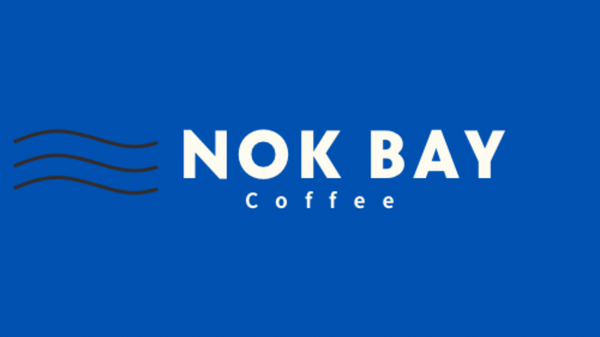Definition and core characteristics of organic coffee beans
Share
Definition and core characteristics of organic coffee beans
** Organic coffee beans ** refer to coffee beans that strictly follow organic agricultural standards throughout the entire process of planting, processing, packaging and sales, and prohibit the use of synthetic chemicals (such as synthetic pesticides, fertilizers, and herbicides). Its core features include:
1. No chemical inputs: Only natural fertilizers (such as compost) and biological control methods (such as beneficial insects and shade trees) are used during the planting process to avoid the impact of chemical residues on the environment and human body.
2. Ecological sustainability: Emphasis on soil health, biodiversity and natural ecological balance, such as maintaining soil fertility through cover crops and crop rotation.
3. Third-party certification: It needs to be audited by an independent organization (such as USDA Organic in the United States and EU organic certification) to ensure compliance with international standards. The certification process usually requires a 3- year conversion period.
Production process of organic coffee beans
1. Planting stage
-Soil management: Test the soil regularly and apply organic compost, such as coffee pulp, to make natural fertilizer.
- Pest and disease control: Use physical control (such as manual pest control) or biological control (such as introducing natural enemies) and avoid chemical pesticides.
-Shade Planting: Retain or plant shade trees to maintain a stable microclimate and reduce soil erosion.
2. Processing and treatment
- Post-harvest processing: It needs to be kept separate from non-organic coffee to avoid cross contamination, such as using separate equipment or cleaning it thoroughly.
- Packaging and transportation: Mark with "organic" label and ensure full traceability, such as compliance with the documentation requirements of customs in various countries or regions for imported organic products.
Advantages and Challenges of Organic Coffee
** advantage **
- Health and Safety: Reduce the risk of pesticide residues, especially protecting the health of coffee farmers and consumers.
-Environmental protection: Prevent chemical substances from polluting water and soil, and promote carbon storage and ecological diversity.
- Market premium: Certified organic coffee often sells for a higher price, with Fair Trade organic beans fetching an extra 30 cents per pound, for example.
challenge
- High costs: certification fees, labor input (such as manual weeding) and lower yields (may be down 50% )
- ** Certification complexity ** : Small farmers find it difficult to afford certification fees and need to rely on cooperatives to share the costs.
- Pest and disease risks: If a serious disease breaks out (such as coffee leaf rust), you may face production losses or lose certification eligibility.
-Market status and consumer choices of organic coffee
1. Market trends
-Global demand for organic coffee is growing, especially among young consumers who are concerned about sustainability and health issues, driving emerging categories such as ready-to-drink organic coffee and freeze-dried products.
- In 2025, organic beans from Brazil, Colombia and other producing areas will be favored due to their high cost-effectiveness.
2. Purchase suggestions
- Certification labels: Give priority to products marked with USDA Organic , EU Organic or JAS (Japan) certification.
- Pay attention to details: Imported organic coffee must comply with packaging specifications (such as IPPC logo) and Chinese labeling requirements to avoid customs clearance delays.
Organic coffee beans are not only a healthy choice, but also a support for environmental sustainability and social responsibility. Despite high production costs and complex certification, its long-term benefits to the ecology and farmers give it a unique position in the market. When purchasing, consumers can ensure quality through certification labels and brand reputation, while paying attention to the transparency of origin and processing details to truly implement the sustainable concept of "from origin to cup".
Nok Bay coffee works with you to find more organic coffee from the source.
